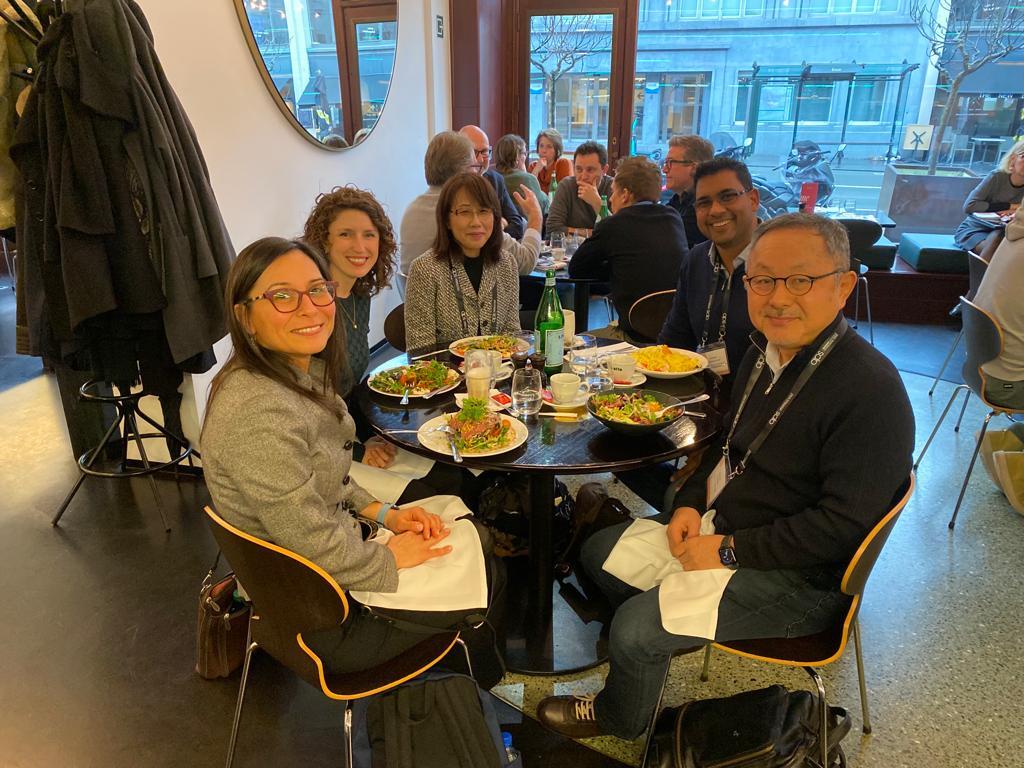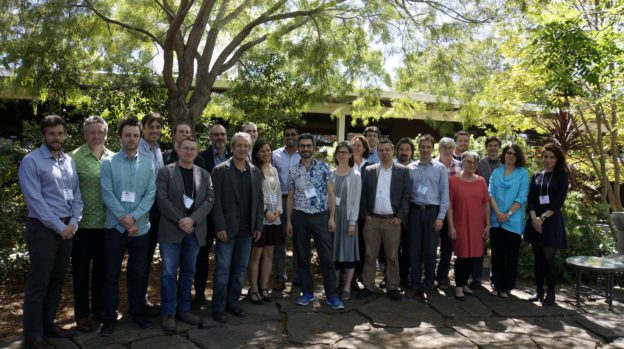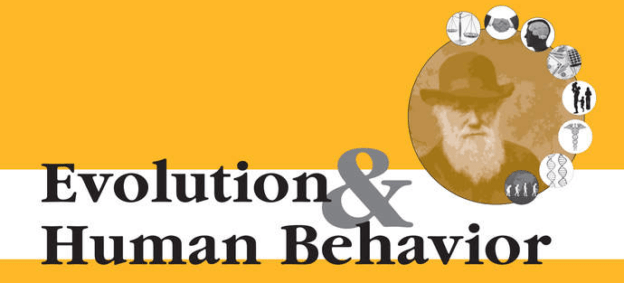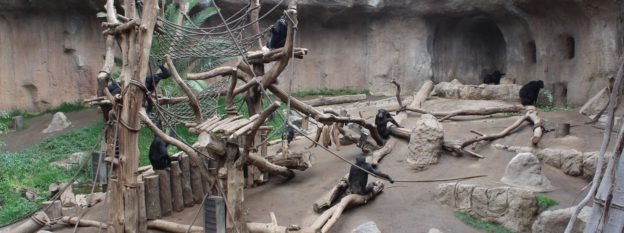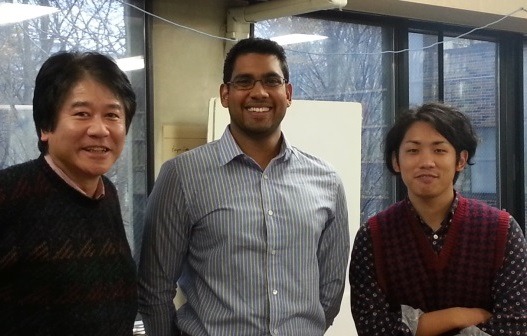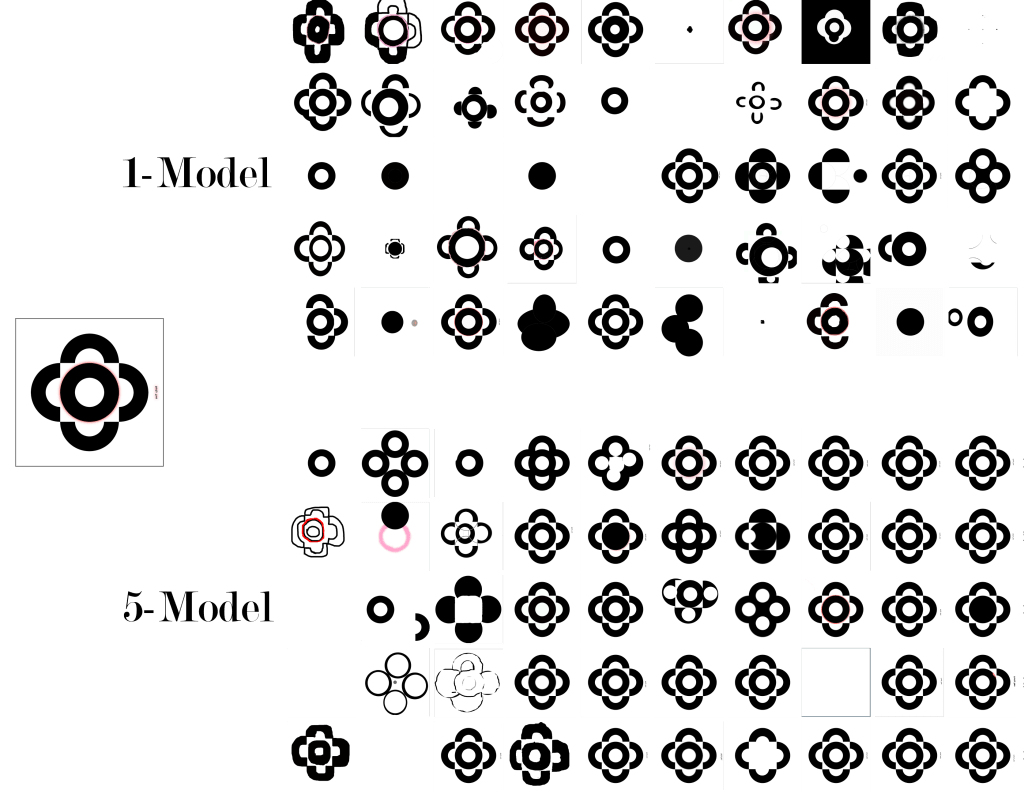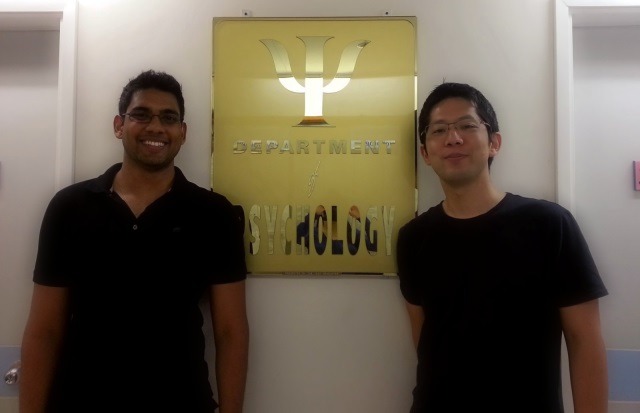I recently participated as a panelist and invited speaker at the Governance Initiative organized by the Abdul Latif Jameel Poverty Action Lab in London, UK, at their conference on “Bridging Disciplines to Advance Governance Research: Collaborations on Gender, Social Networks, and Climate Change.”
I was a panelist on the “Perspectives on The Challenges and Importance of Multidisciplinary Collaboration in Governance Research,” alongside Nava Ashraf and Noam Yuchtman. This engagement provided a forum to discuss innovative strategies for governance and poverty alleviation, leveraging insights from cultural evolution and economic psychology to inform policy and action.
I tackle more of this in my book, “A Theory of Everyone,” and other relevant papers on the topic can be found here:
- Schimmelpfennig, R. & Muthukrishna, M. (2023). Cultural Evolutionary Behavioural Science in Public Policy. Behavioural Public Policy. [Awarded EUSPR Presidential Award 2023] [Publisher] [Download] [Twitter] [LinkedIn]
- Muthukrishna, M., Bell, A. V., Henrich, J., Curtin, C., Gedranovich, A., McInerney, J. & Thue, B. (2020). Beyond Western, Educated, Industrial, Rich, and Democratic (WEIRD) Psychology: Measuring and Mapping Scales of Cultural and Psychological Distance. Psychological Science, 31(6), 678-701. [Download] [Supplementary] [Code] [Summary Post] [Publisher] [Twitter]

My thanks to the Abdul Latif Jameel Poverty Action Lab for organizing the event, and my co-panelists, Nava Ashraf and Noam Yuchtman for an engaging session.










